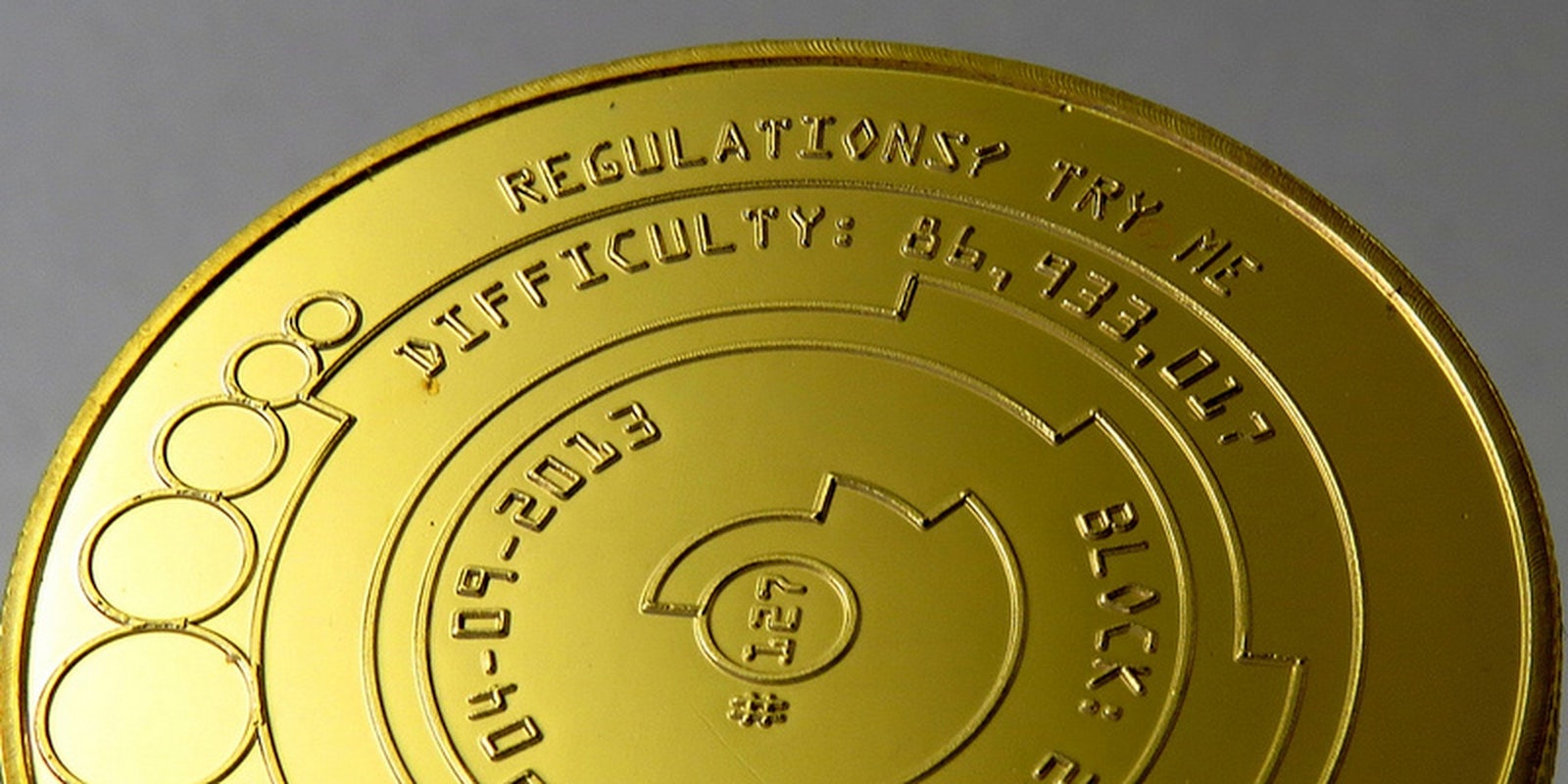For the longest time, Bitcoin carried sinister connotations. The digital cryptocurrency of choice for contraband-peddlers in deep Web black markets has frequently drawn suspicion and—on more than one occasion—brought down the hammer of the feds.
So it may come as a surprise that people can now pay their income taxes with Bitcoin.
No, the federal government has not suddenly announced a major shift in monetary policy regarding the legality of Bitcoin. But a California-based startup has decided to act as a middleman in the process, letting Bitcoin owners pay off IRS debt with their favored currency.
SnapCard is one of many startups hoping to make a name for themselves as Bitcoin yearns for legitimacy and longevity. Since its founding last year, SnapCard has provided users with a bookmarklet that allows them to use Bitcoin to pay stores and services that don’t accept the experimental, digital currency.
Billing itself as “the easiest way to buy anything on the Internet using Bitcoin,” SnapCard accepts the Bitcoin from the customers and uses Coinbase or Bitpay to turn it into legal tender that is then used to pay the collector. To finance the business, SnapCard regularly charges a 2 percent fee for its service.
So just in time for tax season, the company has decided to start offering their service for income tax filers. The IRS already partners with accepted payment providers, so SnapCard will act as a second layer on top of that. Those choosing to pay tax debt in Bitcoin will pay a $10 flat fee to SnapCard to convert their Bitcoins to money, then 1.87 percent of their total tax bill to the payment providers. It’s all handled in one payment.
“Essentially, you fill out a form and you say how much you want to pay,” SnapCard founder Ioannis Giannaros told CoinDesk. “Then we invoice you.”
It sounds simple but it remains to be seen how willing people are to use such a diluted payment scheme for such an important debt. As Forbes contributor Ben Kepes points out, multiple layers of abstraction can make online payments all the more frustrating.
“Of course it’s not perfect – what happens with an incorrect payment amount?” Kepes recently wrote of SnapCard. “Or when there is a warranty issue with a physical or virtual good? Having multiple layers of third parties involved in a payment doesn’t make that stuff any easier.”
Still, the company has done alright during its brief existence. The company has already performed more than $300,000 worth of transactions for several thousand users since last year. The biggest collectors of payments via SnapCard are, not surprisingly, eBay and Amazon – two major online retailers who’ve resisted the call to jump on the Bitcoin bandwagon.
Like many of Bitcoin’s milestones in the past year, the ability to pay the IRS using Bitcoins is seen by supporters as adding an air of legitimacy to the currency. Bitcoin enthusiast have had to fight the reputation the currency has earned through sites like the Silk Road, which use Bitcoin’s untraceable nature to engage in illegal trade online.
In recent months, federal regulators have taken a serious interest in the currency, shutting down the Silk Road and seizing funds from the world largest Bitcoin exchange for running afoul of federal money laundering laws. And their could be more conflict on the horizon as experts predict that Bitcoin will become the new tax haven of choice for those trying to avoid their IRS obligations.
Photo by Antana/Flickr


